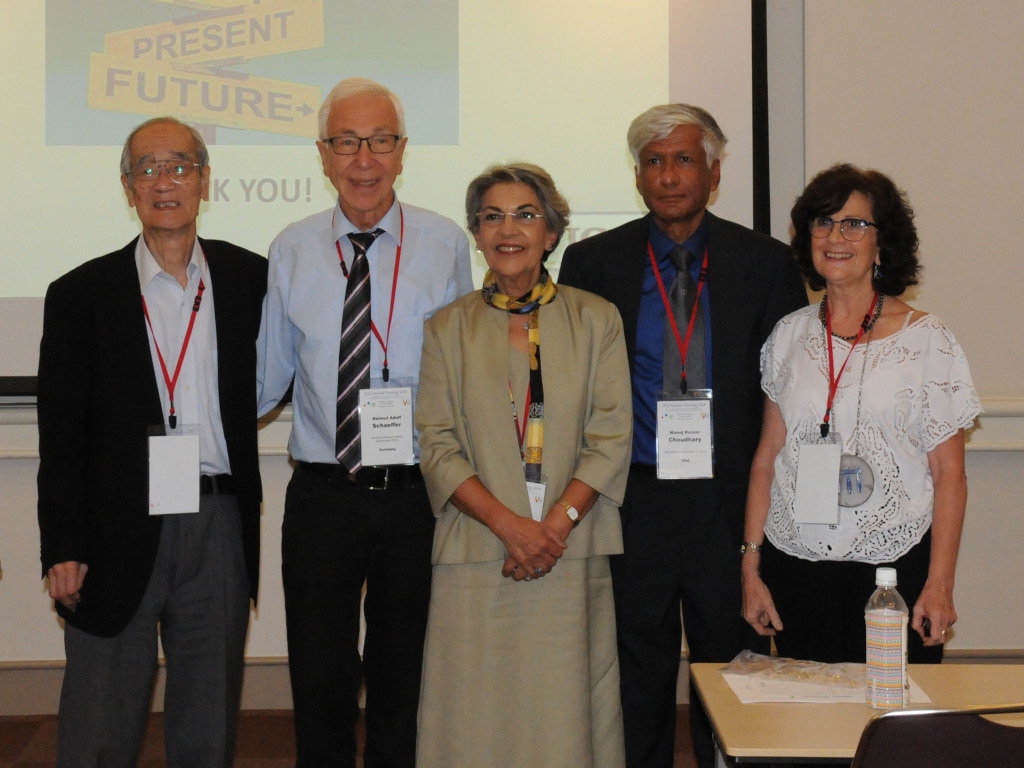With their unparalleled versatility and technical capabilities, glassy materials have in recent decades fostered numerous cultural and scientific advancements:
- Glass is the main conduit of the knowledge-based society. Glass optical fibres have stimulated a change of paradigm that has led to a global communications revolution. They are the backbone of the internet and the associated globalisation of information. Glassmakers have delivered touch-sensitive glass covers for mobile phones that revolutionised the way people communicate with one another.
- Glass is the chemically-resistant container material for many life-saving medicines of today. This is particularly important in the world’s quest in the delivery of a vaccine to fight the Covid-19 pandemic. Strengthened glass containers have dramatically improved the reliability of the EpiPen treatment of life-threatening anaphylaxis shock from severe allergic reactions.
- Glass sheets support solar cells and give clean energy; glass fibres reduce the carbon footprint by strengthening wind turbine blades, by insulating homes and through carbon capture and sequestration (CCS); the vitrification of hazardous waste is increasing nuclear energy safety.
- Bioglass compositions have advanced health care with their ability to integrate with human bone; stimulate the human body’s natural defence to heal flesh wounds; aid tissue design and regeneration; and resolve hearing and dental issues.
- Glass optics and optoelectronics have evolved so that the James Webb space telescope can now study the very first moments after the big bang and expand understanding of the universe.
- Glass melting is being de-carbonised and glassy products are being safely recycled.
- Archaeologists are learning more about ancient trade routes and the politics of raw materials.
- Glass artists across the globe have given humankind an awareness of this wonderful material including its remarkable methods of fabrication, inherent beauty and its ability to capture and display nature’s full spectrum of colour.
In summary, glass is the transparent tool that can underpin sustainable, more developed and just societies. It is an important medium for art and its history is shared with that of humankind.
Extensive planning is now underway to make possible a UN Year of Glass in 2022, to include a kick-off meeting in Geneva, events at the ICG congress in Berlin, a worldwide congress focused in glass technology and a global art/history congress.
It is hoped that the event will result in special issues of journals and magazines, exhibitions in museums and public and private glass collections and universal dissemination activities at all education levels.
As part of initial planning, the ICG, its members and supporters have contacted art and scientific glass-themed societies, glassmakers, fabricators and suppliers, as well as academia, R&D centres and museums, both to share the concept and to ask for formal endorsement.
The initial aim is a successful resolution at the UN General Assembly in December 2020.
An agreement has been reached with UNESCO and the International Year of Basic Science for Sustainable Development (IYBSSD) to work together for projects to be approved in the same UN General Assembly.
Despite the challenges created by the Colid-19 pandemic, ICG continues working for IYOG2022, expanding the borders of its efforts to invite more and more glass players to join the initiative.
More than 950 endorsements have now been received from 69 countries but support is still needed from many other, particularly in Africa, the Middle East, ASEAN and Balkan regions.
Image: Former ICG Presidents have lent their support to the UN International Year of Glass 2022 initiative.
To join the IYOG and register your support, visit www.iyog2022.org


